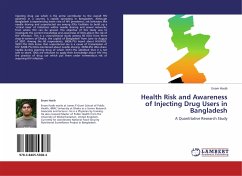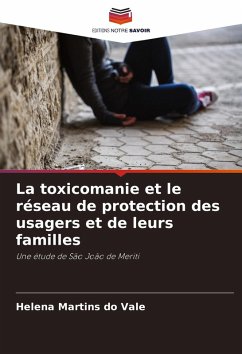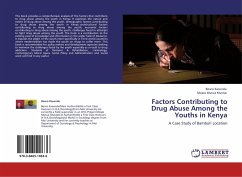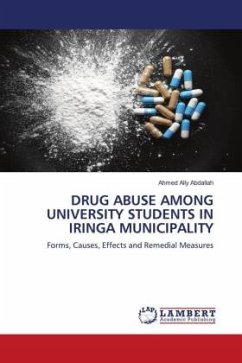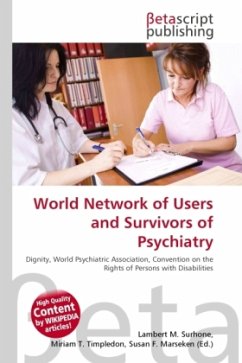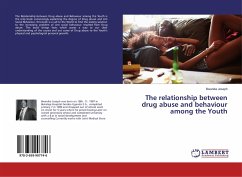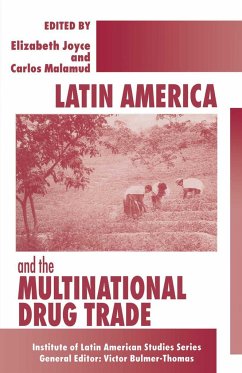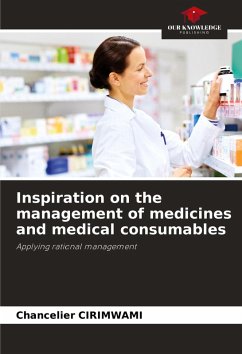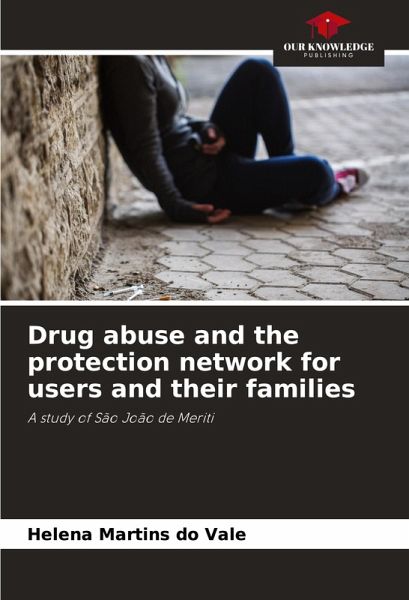
Drug abuse and the protection network for users and their families
A study of São João de Meriti
Versandkostenfrei!
Versandfertig in 6-10 Tagen
27,99 €
inkl. MwSt.

PAYBACK Punkte
14 °P sammeln!
The use of drugs in various societies around the world is not new. Rather, it is a custom that has lasted for centuries. Historically, the division of drugs into licit and illicit is recent. This separation is more imbued with a moral bias than a public health bias. The criminalisation of illicit drugs generates social conflicts where the poor, blacks and slum dwellers suffer most. As a result, social policies aimed at drug users are scarce and state repression is evident. According to common sense, the abusive use of alcohol and other drugs is inherent only to the poor. In the municipality of...
The use of drugs in various societies around the world is not new. Rather, it is a custom that has lasted for centuries. Historically, the division of drugs into licit and illicit is recent. This separation is more imbued with a moral bias than a public health bias. The criminalisation of illicit drugs generates social conflicts where the poor, blacks and slum dwellers suffer most. As a result, social policies aimed at drug users are scarce and state repression is evident. According to common sense, the abusive use of alcohol and other drugs is inherent only to the poor. In the municipality of São João de Meriti, the process of criminalising poverty and police repression is obvious. In turn, the lack of resources and a solid care network for drug users and their families undermines citizenship rights and access to social assistance for individuals in situations of social vulnerability.





